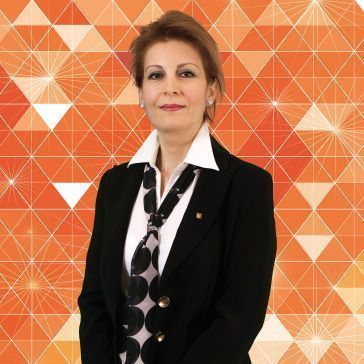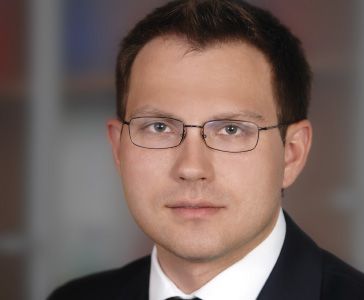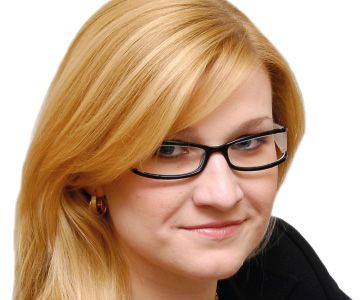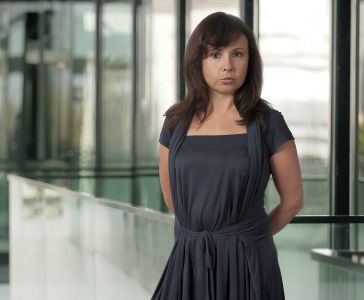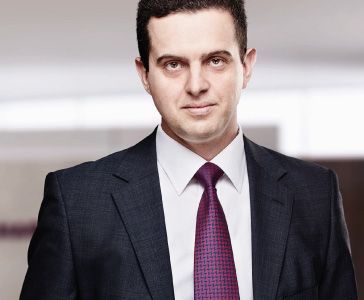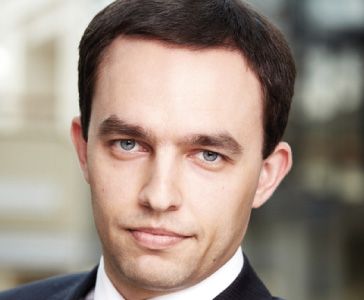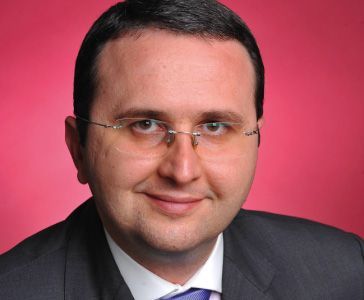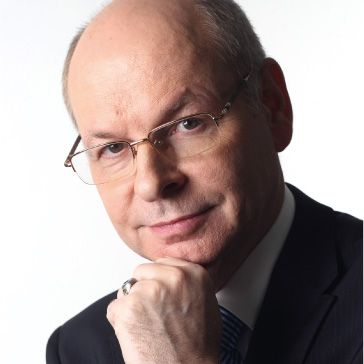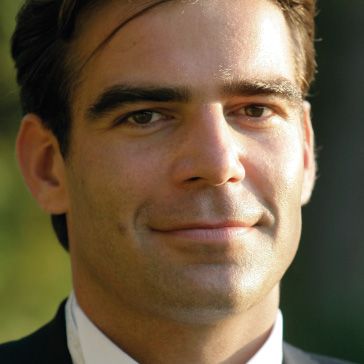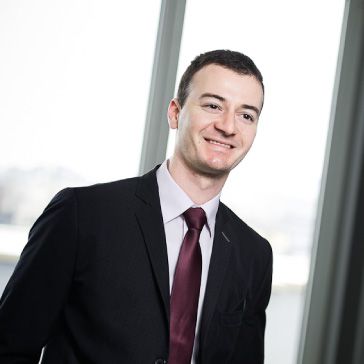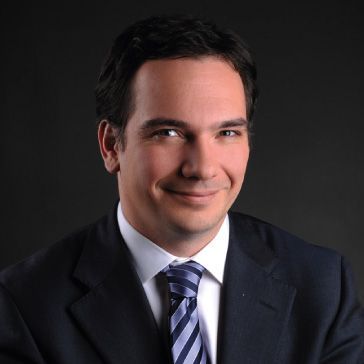For every international law firm that decides to make a tactical withdrawal from or a strategic restructuring in CEE, there’s another that decides the time is right to expand their presence in the region. And two American law firms, with two very different models, have recently added CEE experts to their teams and taken significant steps towards expanding their presence and capabilities in Europe’s emerging legal markets.
“I think if you look at our clients in the sectors of financial services and private equity and venture capital, our clients continue to expand their reach globally. Both clients we’ve represented in the UK and US look at that region as a growth region. So for example the insurance and reinsurance industry and the insurance broker industry is very excited about that region and sees Turkey as a natural hub in which to expand services. We know from our private equity and venture capital teams that that is a place that is ripe for inward investment” — Alan Levin, Chairman, Edwards Wildman
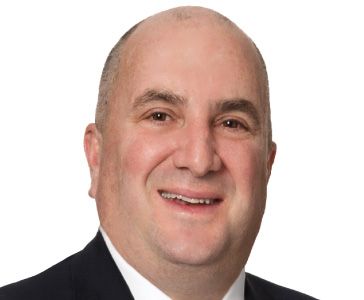
Alan Levin, Chairman, Edwards Wildman
Edwards Wildman Launches “Hub-and-Spoke” Strategy in CEE
In May of 2012 Edwards Wildman adding long-time CEE expert Ted Cominos to its team. Cominos, whose expertise in and contacts throughout CEE are well-established, helped the firm open an office in Istanbul in September of last year, where it now works in strategic cooperation with the Turkish Ismen/Gunalcin law firm. Edwards Wildman thus became the first American or English firm since White & Case in 1985 (and the first since the 1989 fall of the Iron Curtain) to make its first CEE office in Istanbul, a demonstration of that market’s emergence as a regional hub.
Cominos brings a long-standing passion for CEE and extensive experience in the region to Edwards Wildman. He was Linklaters’ Head of Private Equity for Central & Eastern Europe and a leader of the firm’s famous CEE “Flying Team” based out of Bucharest in the mid-2000s, and then applied his substantial expertise and contacts for two years with CMS Cameron McKenna before joining the 600+ lawyers working at Edwards Wildman.
In May of 2012 Edwards Wildman adding long-time CEE expert Ted Cominos to its team. Cominos, whose expertise in and contacts throughout CEE are well-established, helped the firm open an office in Istanbul in September of last year, where it now works in strategic cooperation with the Turkish Ismen/Gunalcin law firm. Edwards Wildman thus became the first American or English firm since White & Case in 1985 (and the first since the 1989 fall of the Iron Curtain) to make its first CEE office in Istanbul, a demonstration of that market’s emergence as a regional hub.
And the new Istanbul office – the firm’s only on continental Europe – is the firm’s 12th overall, including eight in the United States, plus London, Hong Kong, and Tokyo. Cominos explains that the firm’s strategy is carefully considered. “We’re not going to be a firm that’s going to be in all places globally, but we will choose good strategic centers in which to service our clients globally, and between London and Hong Kong, Istanbul is the most natural center for us to have a presence and to build upon.” And, he notes, the firm is hardly the first to notice the unique positioning and potential of Turkey. “A lot of the multinationals and IFIs have taken the same view that Istanbul is the ideal financial center from which to cover the region from. The IFC’s second office is there, a number of multi-nationals have put their regional headquarters in Istanbul because it’s a great hub to jump from and it’s a growing financial center. A lot of banking and other financial relationships are being headquartered out of Istanbul now.”
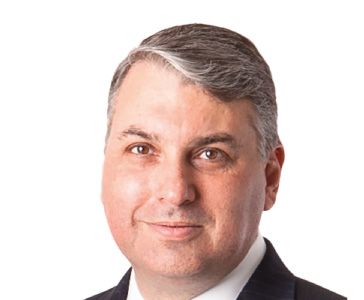
Ted Cominos, Partner, Edwards Wildman
Edwards Wildman Chairman Alan Levin is confident in the move as well, despite the recent political upheaval in Turkey. “We believe that having established a foothold in Turkey allows us to continue to serve Central Europe, Eastern Europe, the Middle East and Africa out of that area,” Levin declares, and “we are happy we are there.” He’s not unaware of the political turmoil in Turkey at the moment, but he isn’t overly concerned. “We believe there is a difference between what’s going on there politically and the economic reality of a region that’s growing. So we continue to be committed and we continue to commit resources to that region to grow the practice.”
And despite not having offices in other CEE markets, Cominos is emphatic about Edward Wildman’s reach and commitment to serving clients throughout the region. He says, referring to the firm’s Istanbul office, “we’re only a few months into this office but I think over the next six months there’s going to be a big ramp-up on our regional strategy. And we want to make that point clear to everybody. It’s not just a presence in Turkey. We’re not going to compete with just Turkish law firms, we’re going in to have a good hub-and-spoke strategy here, where we can really cover a number of markets on high-end, premium cross-border deals or complex issues and service it well without big investment in other countries.”
And indeed, Cominos is excited about Edwards Wildman’s success in serving clients across the region in the almost two years since he joined the firm, noting that “last year we had deals in Greece, Romanic, Serbia, Bulgaria, Turkey, etc., and this year we’ve already got deals tee’d up in Egypt, Romania, Bulgaria, Serbia, Moldova, Czech Republic, and a smattering of things going on in Africa and the Middle East.”
He may find himself running into a familiar face in some of those markets – one, like Cominos’, now associated with a new firm.
“It started with a trickle in 2012, it’s building up in 2013, and I expect it will really start to hit the ground in 2014 – there’s been a huge interest from our clients, from investors – Western investors – in developing markets, and specifically Africa and Central and Eastern Europe. And the reason for that is it’s not as competitive a market, there’s still attractive pricing, and with the accession of so many Central and Eastern European countries into the EU, which gives an overlay of legal framework and regulation, there’s a little more comfort with the legalities of the local countries, and yet, you’re still getting enough of the return that it’s an improvement over Western Europe”> — Denise Hamer, Partner, Richards Kibbe & Orbe
Richards, Kibbe & Orbe Extends Reach from London and Vienna
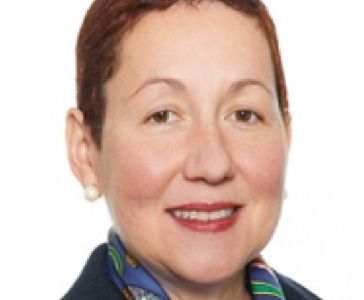
Denise Hamer, Partner, Richards Kibbe & Orbe
Whereas Edwards Wildman has over 600 lawyers working in 12 offices around the world and can trace its pedigree back to the 19th century, Richards Kibbe & Orbe has 90 lawyers working in 3 offices and is approximately 20 years old. But the ability to see and respond to opportunity is not solely a function of size, and RK&O is confident the time is right to expand its reach into CEE as well.
In January 2014 Partner Denise Hamer joined RKO, thus giving that firm a well-established CEE expert of its own as it expands its distressed debt and secondary loan market expertise further east. Hamer herself specializes in finance, distressed debt, financial restructuring, and special situations, with a particular focus on developing markets. She has more than two decades of practice in the region, and before joining RK&O she worked in Societe Generale, Citigroup, and BAWAG. Most recently she was with regional powerhouse Schoenherr in Austria.
Though Hamer will officially be based out of RK&O’s London office, she will also be using Austria as a second base to manage her CEE practice.
Richards Kibbe & Orbe founding Partner Jon Kibbe is excited about having a lawyer with Hamer’s experience and skill leading their practice in emerging markets. According to Kibbe, “we had worked with Denise obviously when she was at Citigroup and at Bawag, we knew her well, and she is the ideal candidate not only to grow the existing Western European business, but to expand our restructuring and insolvency practices and know-how to CEE.”
And Hamer’s knowledge of and passion for the opportunities in CEE was immediately obvious to Kibbe. “The thing that was exciting to us about Denise was her investment thesis on CEE.” he says. “It’s where her heart is.” He laughs that, “when I first met her I said ‘if I had a million dollars and I was a hedge fund, where would you tell me to put that money?’ She just smiled and rolled up her sleeves and said: ‘One word: Slovenia!’” Kibbe was impressed. “I did not expect that answer … and it is the answer that makes an awful lot of sense if you understand our desire to be in markets that are emerging and where legal expertise counts, and that is very attractive to many of our clients who want to be off the beaten path a little bit, in to partner with a law firm that sourcing new opportunities, ideas, and themes.”
For her part, Hamer believes Central Europe’s time in the spotlight is now. “We recognize that our clients are chasing yield, and reward is correlated to risk, and therefore, the higher risk regions offer the greatest opportunities for return. So there is definitely, and has been since around 2009 a focus of US investors on Europe, and most recently, since around 2011 and 2012 and 2013, there has been a focus of people investing in Europe on Central and Eastern Europe. And so being very prescient and seeing this, Richards Kibbe have recognized that there is a great opportunity for us as well to support our clients, and we should follow them to Europe, and with my hire, we’re following them even beyond London.
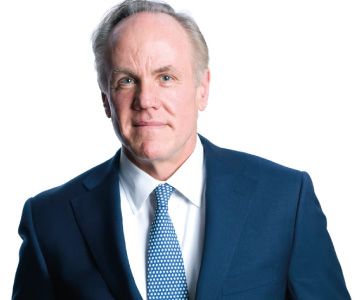
Jon Kibbe, Partner, Richards Kibbe & Orbe
We’re following them into Central and Eastern Europe. And in some cases leading them, to be honest. Because once they get comfortable with the entire risk profile, or at least they identify the risk profile, they’re comfortable to make investments there.”
Hamer doesn’t think RK&O’s smaller footprint in Europe is going to be a problem. For one thing, Hamer has an extensive network of local firms she’ll be working closely with throughout the region, and decades of experience working in an international role – she jokes that: “I’ve lived on planes my whole life, and you’d be surprised what great Christmas gifts you can get at Duty Free.” And she’s confident about her ability to serve as a conduit for RKO’s “very deep well of knowledge about what our western clients’ goals and objectives are, what their economics are, what sort of investments they’re looking at, what sort of returns they hope to achieve.” In any event, Hamer is excited about the flexibility RKO’s model provides her. “I’m really not keen to establish a huge team, because I think that lean-and-mean is the way to go now. Our clients want it, and we want it.”
Hamer has hit the ground running, and she helped prepare and organize a February “teach-in” in the firm’s New York office on distressed investing in CEE, featuring experts in the shipping, mining and Central and Eastern European real estate markets. And Kibbe explains that the firm’s clients have already taken notice of their increased capability. He says that “a number of hedge fund client have raised their hands and said ‘Eastern Europe is going to be interesting.’ We are hoping it is a solid trend … it makes a lot of sense for us.”
Of course, talk to ten different law firms, with ten different client bases, ten different internal structures, and ten different philosophies, will get you – at least – ten different strategies for how best to serve clients around the world, and – at least – ten different opinions about where best to allocate resources. But as far as Hamer is concerned, the developing markets of CEE are where the action is. “I’m kind of a contrarian,” she says, and “my whole perception of the world is contrarian. And where other people see risk, I see opportunity. And the issue is not to be afraid of the risk. It’s simply to identify the risk. And to optimize the deal in spite of the risk.”
